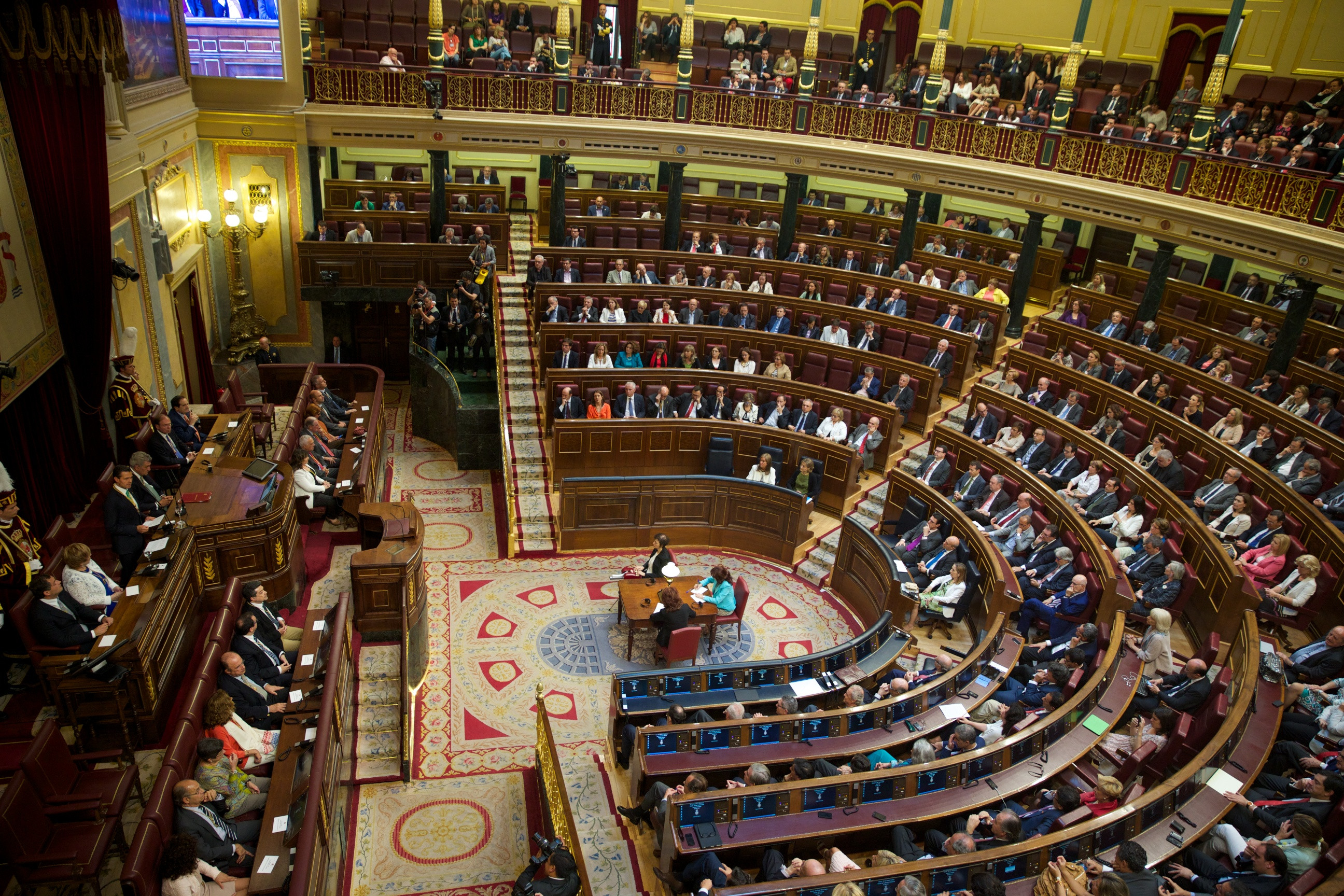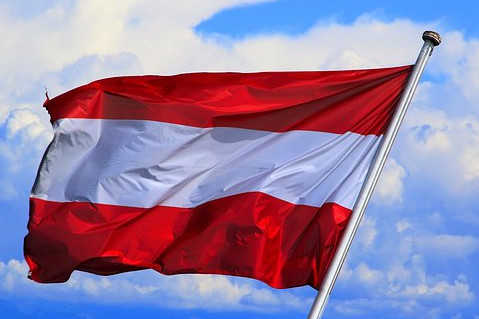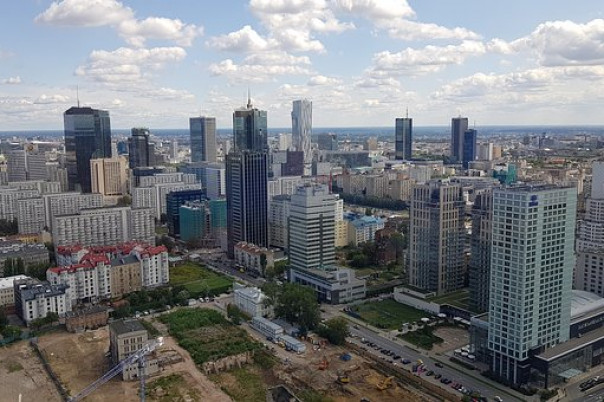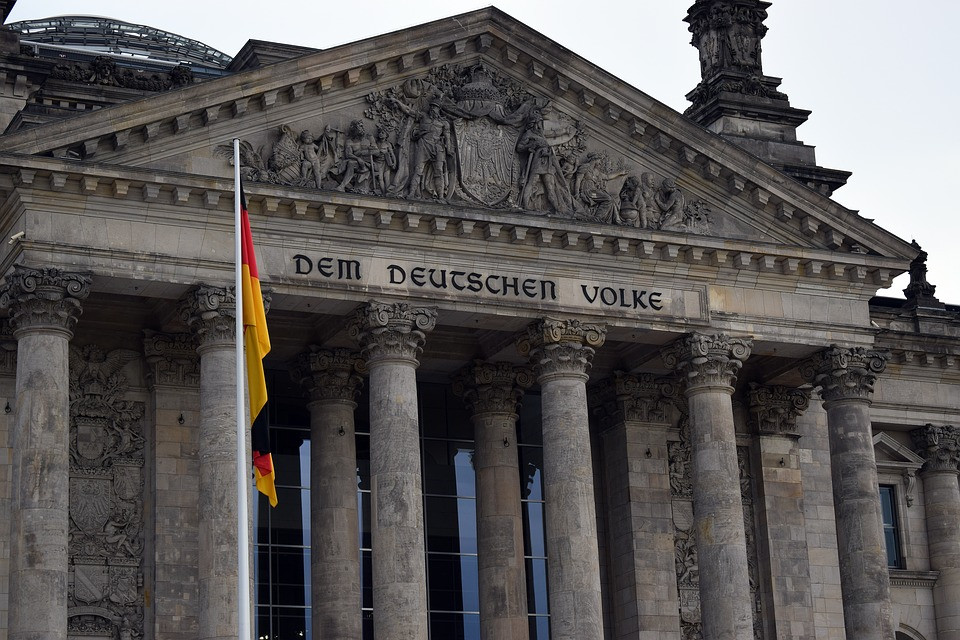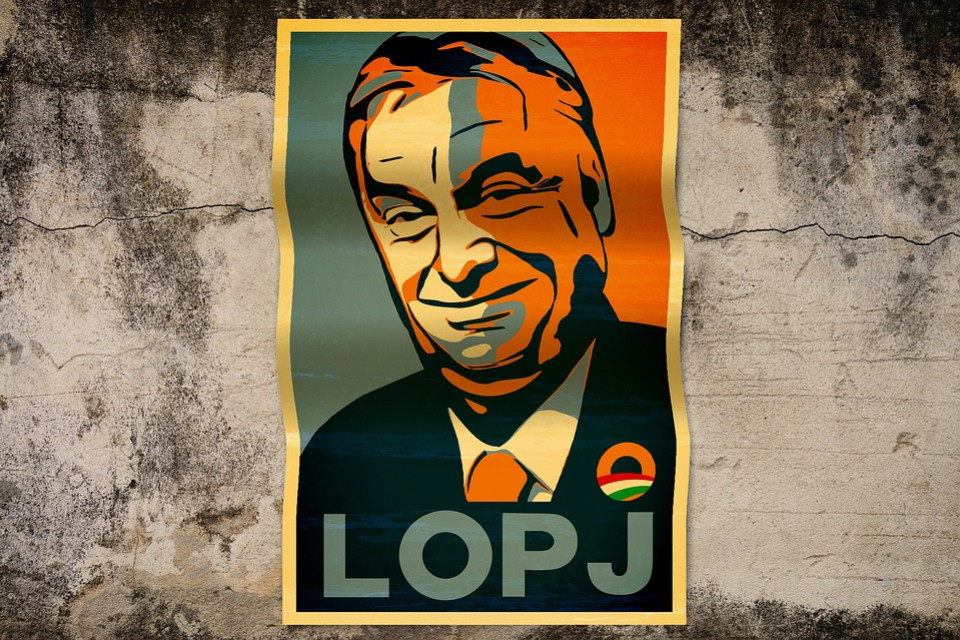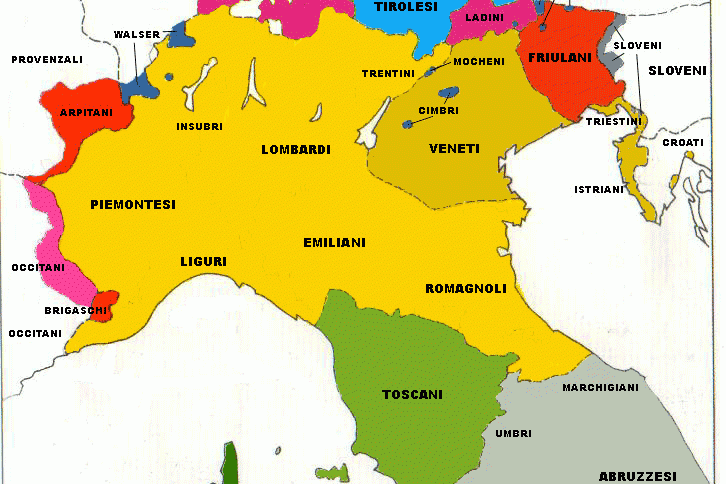Born at the end of the 20s, the Scottish independence movement has had increasing success, until now becoming the leading political force in Scotland (...) An original, social democratic and pro-European nationalism.
The mere holding of the referendum that took place on September 18th, 2014 in Scotland reveals a questioning of the integrity of the political union that underpins the British multinational state. Thus, since the first quarter of the twentieth century, the Welsh, Scottish and Northern Irish independence aspirations have been represented respectively by three nationalist political parties: Plaid Cymru, the Scottish National Party (SNP) and Sinn Féin. English nationalism, which had not made much progress in the political arena, has found a relative representation in the United Kingdom Independence Party (UKIP), populist and Eurosceptic.
Scottish nationalism differs considerably from other nationalisms, such as Basque or Catalonian, and above all from the new European nationalisms, with a right-wing and xenophobic profile. Arnaud Fiasson asks: what are the arguments at the heart of the Scottish nationalist ideology? Is the consultation (referendum) to be understood as a criticism of British political power? Is it a symptom of a longer institutional crisis?
THE NATIONALIST ADVANCE IN SCOTLAND
The British political unit, which makes the United Kingdom a multinational state, rests on three territorial unions, that of England with the country of Wales (1536), Scotland (1707) and Ireland (1800). Irish nationalism, of which Sinn Féin took the lead, since its inception in 1905, took the form of a revolt in 1916, announcing with it new armed conflicts.
Spurred by the Irish precedent, Scottish and Welsh nationalisms appeared equally in the 20th century, but they differed from Sinn Féin in their pacifism.
Created in 1925, Plaid Cymru initially positioned itself in favour of the defence of culture and the Welsh language. In Scotland, many nationalist organisations that sprang up since 1918 ended up merging progressively and led to the inception of the SNP in 1934. At first, it stayed out of the political scene and did not achieve more than 5% of the vote until the 1970 British legislative elections.
The first Scottish and Welsh nationalist advances occurred at this time through the ballot box. In the elections of October of 1974, the SNP and Plaid Cymru obtain respectively 11 and 13 members of parliament in the British Parliament. This is something that is usually explained by mentioning the decline of the Empire, the discontent with the bipartisanship and the autonomist concessions made by the Heath conservative government (1970-1974) and the Wilson and Callaghan Labour governments of (1974-76 and 1976-79), with a view to stopping the possible rise of a more radical nationalism. The discovery of oil and gas deposits along with the other the Scottish issues also played in favour of the SNP. Thus, the party launched the campaign ("It's Scotland's Oil!"), which allowed it to build a solid and credible economic argument in favour of independence.
(...) Thatcherism stopped the growth of the nationalists for a while. However a series of particularly unpopular measures in Scotland fed a growing aversion towards the conservative party (...) Between 1979 and 1986, the unemployment rate rose from 4% to 11.5% in the United Kingdom and from 6.2% to 13.8% in Scotland (...) More than a just a blow, anti-conservatism became the Scottish electorate structural behaviour the that still persists (...) In this context, the Labour Party played the Scottish card, this time successfully (...) Two referendums on the decentralization of the legislative power (devolution).
They were organized in September 1997, one is Scotland and the other in Wales.
In contrast to the Welsh who spoke timidly in favour of an assembly (50.3%), 74.3% of the Scots voted for the establishment of an autonomous parliament, a measure that ended up becoming implemented in 1999.
A TWO-LEVEL SYSTEM OF GOVERNMENT
Four legislative elections have taken place after the institution of the Scottish Parliament. While the polls of 1999 and 2003 ended with the constitution of coalition governments between the Labour and Liberal Democrat parties, in 2007 and 2011 the SNP won. Thus, with a broad majority in the Edinburgh parliament, it was in a position to legislate on the issues that interested them. However, given that the British Constitution is part of the powers reserved for Westminster alone, the SPD could not declare Scottish independence. This is how the organization of a referendum (Edinburgh Agreement) was negotiated with the British government in October 2012.
SCOTTISH NATIONALISM CHARACTERISTICS
The historical and cultural characteristics of each constituent part of the UK have never totally disappeared from the collective consciousness. The contribution of nations to the functioning of the British State and its Empire favoured the development of a mixed identity. In this way, a Scot can declare themselves British or Scottish, and national identities are not incompatible (...)
Contrary to traditional definitions of the nation-state, Scotland remains a stateless nation.
According to the formulation of the sociologist David McCrone, a nation that "although it does not have a fully independent legislative power, it has a relevant governmental device and a considerable degree of autonomy". For the Scottish nationalists it is about ending the Union of 1707 and gaining independence. Conversely, the defenders of the integrity of the United Kingdom intend to keep the Union intact, claiming their Scottish status. The debate is not centred on the Scottish identity but on the union of 1707 and its political consequences (...)
In the course of its existence, and particularly in recent years, we have clearly indicated that there is a general consensus regarding right-wing nationalism, which is not what the SNP promises.
"We do not promote any aspect of ethnic nationalism. It is a civic nationalism. Rather than run away from this terminology, it is better to adopt it and make it known that this aspect of civic nationalism leads us to a positive vision of nationalism, keeping us united in the rejection of other defects of nationalism, all of which are fundamentally bad " (...)
The SNP differs from its Welsh and Irish counterparts insofar as the defence of the Scottish languages have never been an electoral campaign issue (...) In the preface of a white paper published by the Scottish government in 2013 on its vision of an independent Scotland, Alex Salmond, leader of the SNP, explained: "I believe that family, friendship, historical and cultural links between Scotland and the other pairs of the British Isles are precious. England, Wales and Northern Ireland will always be our family, our friends and our closest neighbours."
ECONOMIC AND GEO-POLITICAL ISSUES
The independence and unionist arguments are quite marked coloured by the economy. The first proclaim that the Scots would do better outside a political union that limits Scotland's potential, rich in human and material resources. The second ones reaffirm in the futility of committing to a supplementary risk, in our current stage recovering from an economic crisis (...) They also affirm that the maintenance of the standard of living and public services in an independent Scotland would necessarily be accompanied by an increase of taxes, which would decrease the purchasing power of the Scots and affect the country's economy (...)
In any case, the SNP maintains that an independent Scotland would retain the political regime of the parliamentary monarchy and Isabel II as Head of State.
The presence of oil and energy resources in Scotland has also fuelled the economic dimension of the debate. The SNP maintains that Scotland would become the leading EU producer of oil. Since it has 60% of the total resources of the black gold in the Old Continent, and that would rank second in natural gas reserves, after the Netherlands. Inspired by Norway, the Scottish government proposes to create a system of sovereign funds that would maximize the resources contributed by the production of hydrocarbons. The unionists oppose this project arguing that the volatility of oil revenues has generated a budget difference of about 5,000 million pounds sterling between 2012 and 2013, the equivalent of funds that the Scottish government has devoted to primary and secondary education (...)
On the eve of the referendum, the nationalists saw independence as the response to a social demand and criticism of the political power of the United Kingdom, both closely related (...) In any case, we should remember that the votes obtained by the SNP did not correspond to an electoral position in favour of independence. It can be understood that the rise of the independence party appears as an alternative to the Labour Party and as the affirmation of a socio-democratic trend in Scotland (...)
Scotland represents 8% of the total population of the United Kingdom, and England 84%. Consequently, the electoral result of the British legislative elections is attributable to the English vote. This phenomenon was accentuated particularly between 1979 and 1992, years in which the conservative party could form successive governments, although Scotland voted mostly and redundantly for the Labour Party (...)
CONCLUSION
Scottish nationalism provides a unique perspective of self-determination in the British and European landscape. If it differed from the armed conflicts that shaped the political history of Northern Ireland, it is also differentiated from the more timid nationalism of Wales, in which the safeguarding of the Welsh language and culture occupies a central place. The vision of an independent Scotland poses a progressive transition that is inscribed in the traditions inherited from its union with the rest of the United Kingdom, established in a peaceful way and through bilateral negotiations (...)




